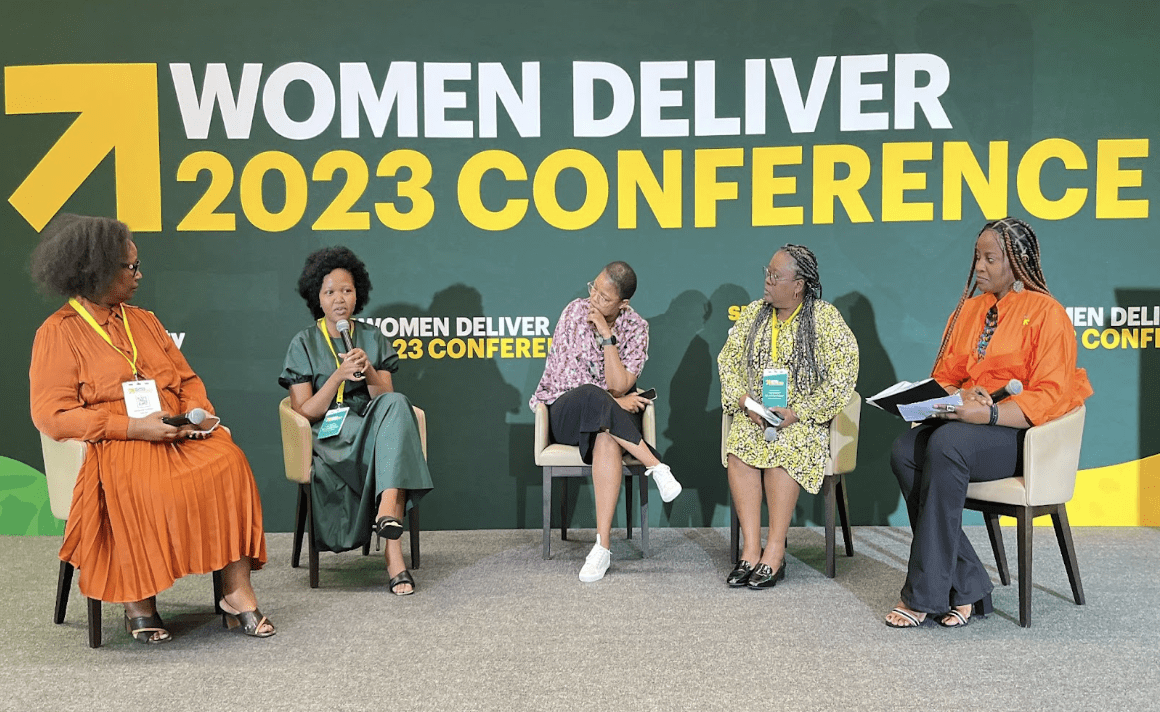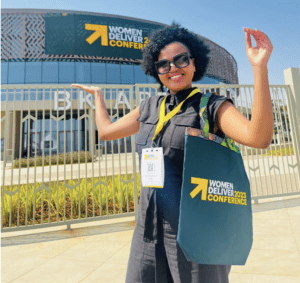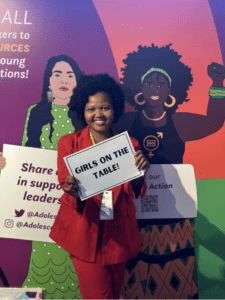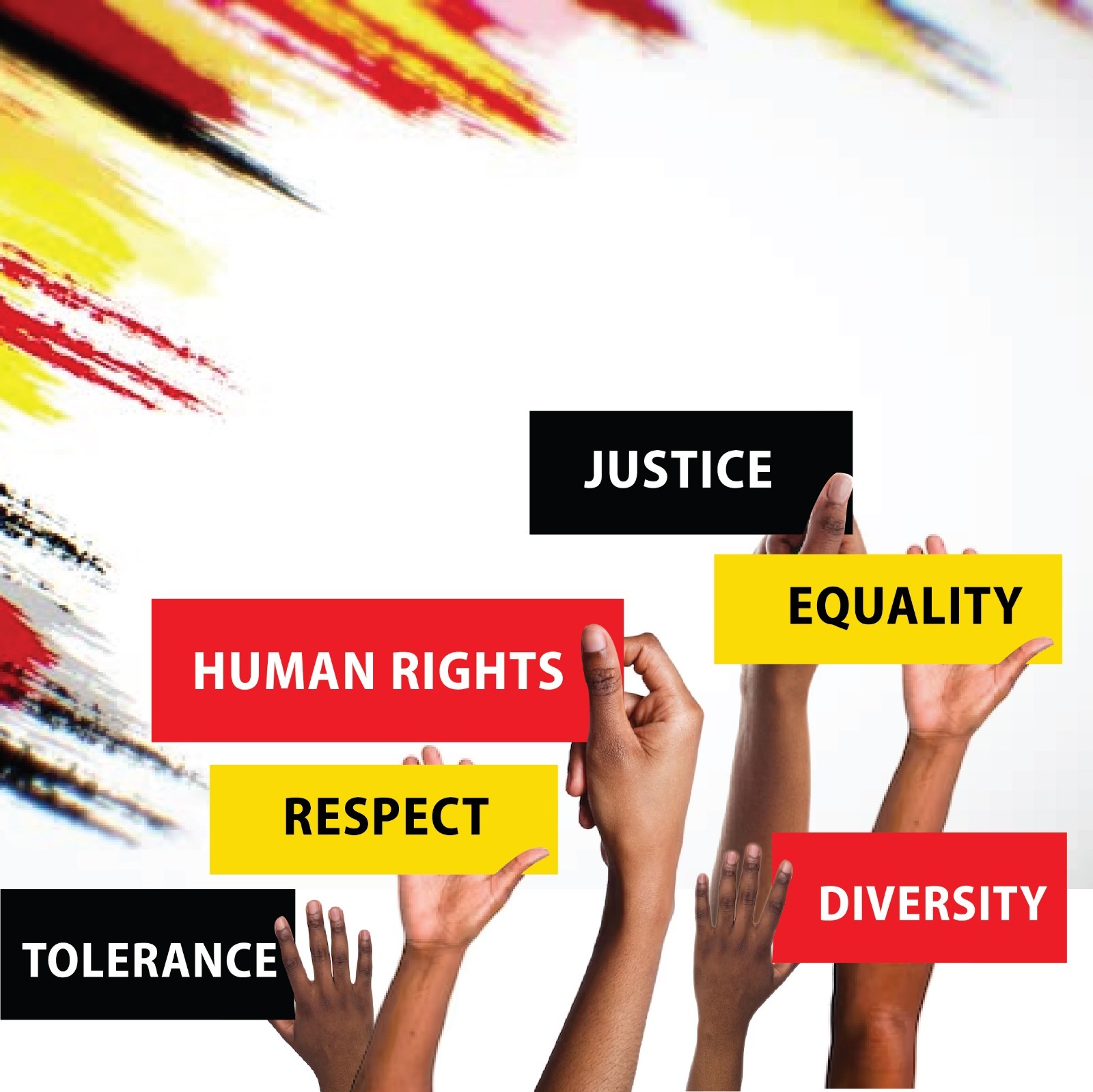Empowering Youth Advocacy for Global Health
In the heart of vibrant Nairobi, a dynamic gathering of 30 young individuals came together in August 2023. These were the champions of tomorrow, belonging to the Adolescent Girls and Young Women (AGYW) cohort. Their mission: to mark World Youth Skills Day with a bang, celebrating the boundless potential of young minds and their pivotal role in shaping our global health future.
This gathering had a clear purpose, and its objectives set the stage for exciting engagement outcomes.
- The participants were on a quest to make the world resonate with the advocacy efforts of the DAPI Ring, both on a national and global scale.
- Foster Inclusivity:- They sought to create an inclusive dialogue, a movement that would resonate far and wide, powered by WithMeInMe.
- Introducing the Choice Manifesto:- An introduction to the Choice Manifesto was on the agenda, igniting the spark of change.
Advocacy on the DAPI Ring: In the spotlight was the imperative of accurate information, dispelling myths, and the fight for free and accessible HIV prevention tools. Also highlighted was the progress of the CATALYST studies in Kenya and the progress of the activation sites to date.
Skills and Empowerment: The power of advocacy skills and communication took center stage. Social media emerged as a mighty weapon for spreading awareness. Evidence-based advocacy was highlighted as a critical tool in modern day advocacy. The participants went ahead and brainstormed around various ways digital media advocacy can amplify the call for inclusion of the DAPI Ring on the HIV Prevention basket of choice.
LGBTQI Inclusivity: The discussions ripped through stigmas, championing equality. Discussions illuminated a critical imperative: dismantling stigmas and dispelling misconceptions surrounding LGBTQI communities. The spotlight was on promoting acceptance and nurturing inclusivity within HIV prevention programs. In this narrative of change, education and awareness emerged as potent catalysts for fostering equality. This collective insight resounded loudly, underscoring the WithMeInMe campaign as a vital platform for meaningful dialogue. It hammered home the urgency of inclusivity and the indispensable role of education in propelling effective change within the realm of HIV prevention efforts.
Global Fund Writing Process:Ruth Jerop, AYAREP Executive Director and a community representative on the Kenya Coordinating Mechanism (KCM), graced us with an update on the Global Fund writing process. She stressed the critical need for the Dapivirine (DAPI) ring, citing past challenges faced by interventions like PEPFAR in effectively combating HIV. Jerop emphasized that the DAPI ring’s potential to empower individuals to take control of their bodies and sexual health has not been fully realized. Urgency looms, and addressing the roadblocks is crucial. She called for a thorough examination and rectification of these hindrances, ensuring that the Global Fund’s financial resources lead to a comprehensive, culturally sensitive implementation strategy. As she concluded her address, Ruth appealed to the young audience to grasp the challenges faced by different demographics to enable the advocacy to be evidence-led.
In the end, this electrifying gathering was a rallying cry for action. The Youth advocates pledged their dedication to HIV prevention, inclusivity, and the continued advocacy of the DAPI Ring. The Choice Manifesto launch scheduled for September 2023 lays a promising secure and effective discussions around the HIV Prevention Choice agenda regionally.
AfNHi Secretariat





 She also stressed the need for both digital and traditional advocacy in order to create safe and inclusive online spaces for girls and young women. She used the digital advocacy skills she learned as part of the AFNHi youth cohort during the Youth Leadership and Advocacy programme to share her insights on creating safe and inclusive online spaces for girls and young women.
She also stressed the need for both digital and traditional advocacy in order to create safe and inclusive online spaces for girls and young women. She used the digital advocacy skills she learned as part of the AFNHi youth cohort during the Youth Leadership and Advocacy programme to share her insights on creating safe and inclusive online spaces for girls and young women.








